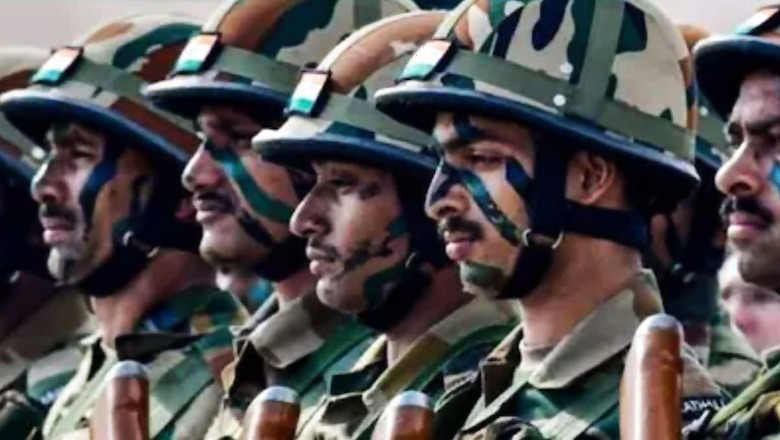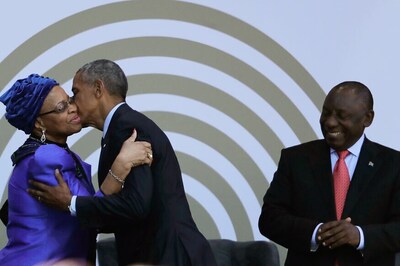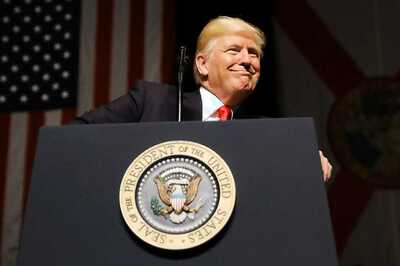
views
The Agniveer Scheme started in India in 2022. Ever since, it has drawn the youth of the country to be able to serve in the Indian Army for a four-year period. The notification for the recruitment of Agniveer comes out frequently. There are many conditions and rules to join the Indian Army. Before applying, it is important to know who can apply for the Agniveer scheme of the Indian Army and who cannot. One of the most pressing questions for candidates is if married individuals can apply for the Agniveer Scheme of the Indian Army. Under the Indian Army’s Agniveer scheme, only unmarried candidates can apply for the defence. Married candidates are not allowed to apply for the post of Agniveer.
It should be noted that both men and women can apply for various posts of Agniveer. Under the Agniveer scheme, candidates cannot get married during their four-year tenure.
Apart from the marriage restrictions, the scheme also has age restrictions. While applying for the Agniveer scheme, age is a matter of concern. So, can a youth of 18 years apply? Well, yes, because the age of the candidate for applying for Agniveer has been set from 17.5 years to 21 years. For reserved category candidates, there will be a relaxation in the age limit.
What are the other requirements for an Agniveer candidate?
As per the notification, no candidate can apply for the Agniveer Recruitment without studying science. To be considered eligible for applying for the post of Agniveers, candidates must have passed Class 12 with subjects like Mathematics, Physics and English. It is mandatory to have 50 percent marks in Class 12 and 50 percent in English are mandatory. In many Agniveer recruitments, an engineering degree is also required along with 50 percent marks.
Previously, soldiers were recruited into the armed forces on a 15-plus-year tenure with a lifelong pension. From 2019, recruitment in the armed forces was halted for three years due to the Covid-19 pandemic. In 2020, a Tour Of Duty scheme was proposed to allow civilians to join the forces for three years of short service voluntarily.




















Comments
0 comment